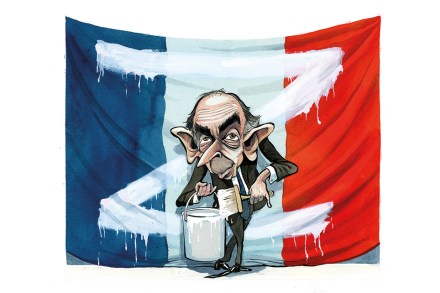Germany’s rustbelt is reviving – but voters are still flocking to the AfD
West Germany’s first chancellor, Konrad Adenauer, hated eastern Germany and said – possibly apocryphally – that Asia begins at the east bank of the Elbe River. When people visit my forest in what’s long been Brandenburg’s rustbelt, I caution that Asiatic Germany isn’t Adenauer’s bucolic Rhineland, let alone Munich or Hamburg. Yet the ‘rustbelt’ moniker no longer suits a region that, while down and out for decades, is rebounding, powered by new industry and proximity to booming Berlin, the capital’s new airport and a Tesla factory. Even low-tech forestry is making money after having been on life-support five years ago. But there are also levels of anger I have never






















